
Design Product experiences for the future
Course Duration: 4 years
Our AICTE approved, 4-year undergraduate program, B. Des. in Humanising Technology, resolves the problem faced by young students to make a choice between their interest in art, science and technology by offering a seamless amalgam of these streams. The program brings new focus on this aspect of ‘multi-disciplinarity’—the byword in the field of design. It enables crafting product/service experiences that are delighting wherein the technology is consumable and unseen, thus ‘humanised.’
This unique program caters to the minutest nuances and gives the multidisciplinary edge to the ever-evolving field of design. Our well-trained, visionary faculty ensure that our students are trained for a bright career in Design.
This program has a generalist two-year foundation, progressing to a focus on designing seamless, Cognitive and behaviour science based product experiences with emergent technologies such as Internet of things (IOT), Virtual Reality (VR), in the third year and professionalising the learnings in the fourth year
Humanising Technology is the act of design to make technology accessible, usable and delightful to the users.

Important Dates
Admission handout
Sample Question Paper
UCEED Scores Accepted New
Program Objectives
The graduated students of B.Des. (Humanising Technology) will be proficient in:
Unique features
Curriculum design
Our curriculum is a progressive tenet of using Design as a focal point to address problems considering the interpretations from cognitive, behavioural sciences and business. More importantly, considering technology as an opportunity and an enabler.
The course structure facilitates multi-skilling in graphic, product, motion and digital design as well multi-disciplinary capabilities such as coding, scientific research writing, business, psychology and sociology of the user and technology to equip the design student to take a trans-disciplinary, holistic and user-centered approach when designing solutions.
The curriculum is pillared on four multidisciplinary fundamentals- design, technology, sciences and business. Courses in these fundamentals fall under two basic categories ‘Design centric’ and ‘Design allied’. Below is an indicative representation of the course structure of the Program. The detailed version is available on the link – ‘Course structure’
|
Design |
Technology |
Science |
Business |
|
Design Drawing |
Interface Design |
Social Anthropology |
Project Management |
|
Data Visualisation |
Interaction Design |
Ethnography |
Marketing |
|
Typography |
Creative Coding |
Usability Testing |
Managing Finances |
|
Ideation & Prototyping |
Immersive Experiences |
Cognitive Ergonomics |
Business Communication |
|
Communication Design |
Web & Mobile Experiences |
Behavioural Design |
IPR for Designers |
|
Storytelling |
Connected Experiences |
Design Research |
Creative Entrepreneurship |
|
Digital Skills |
|
|
Learning goals
The curriculum distribution over four years of B. Des. in Humanising Technology gives our students the much-needed robust foundation, moving on gradually to focus on designing seamless, user centric experiences enabled and opportune by emergent technology.
Years
1 & 2
(Foundation program)
Develops skill sets for multiple streams such as graphic, product, animation, interaction design. Advances sensibilities to visualise using 2D, 3D to 5D sensorial narrative methods whilst congregating to a transdisciplinary mind-set by engaging in courses in technology, business, behavioural, cognitive & social studies, scientific approach to research and communication when problem solving.
Year
3
(Project centric application)
Focuses on problem solving in a project model. Students undergo an internship in the social sector to learn the ropes in the real world. The year also includes courses for designing real scenario experiences opportune and enabled by emergent technology such as web and mobile, Internet of things, virtual reality and such others.
Year
4
(Professionalising)
This is dedicated to maturing the learning with a professional perspective. Capstone Degree Project and Research Paper followed with a five-month internship in an industry of their choice.
Pedagogy
Career Opportunities
With design dominating, most of the sectors today, it spells good news for budding designers. Thanks to our intensive, immersive and all-encompassing curriculum, aided with the necessary practical training, our graduates can easily land a lucrative job in the consulting, hospitality, IT, banking, healthcare, education, tourism and other sectors. The opportunities are endless. For those wanting to fly solo, the scope is limitless. While the world of start-ups beckon, they can even opt for a master’s degree in design in India or abroad given the awarded degree is internationally recognised as well
Possible Job Profiles
Our Recruiters
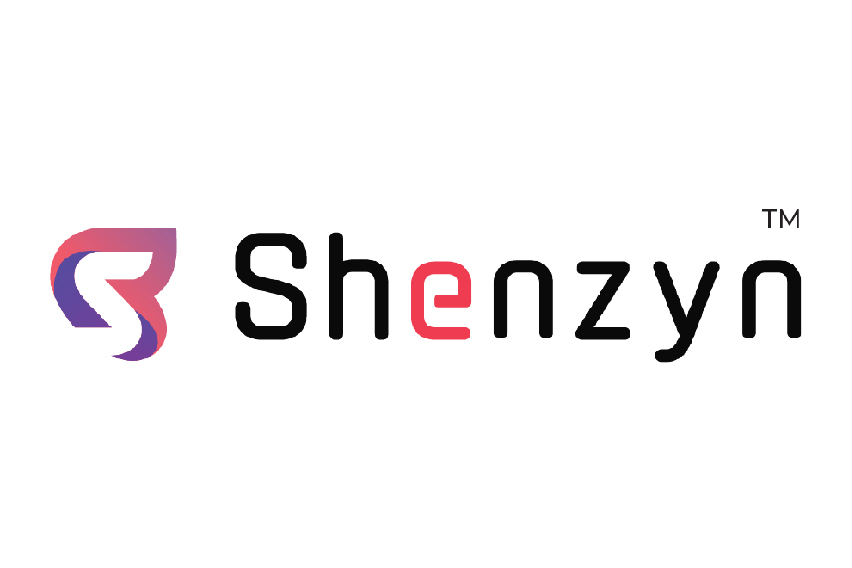
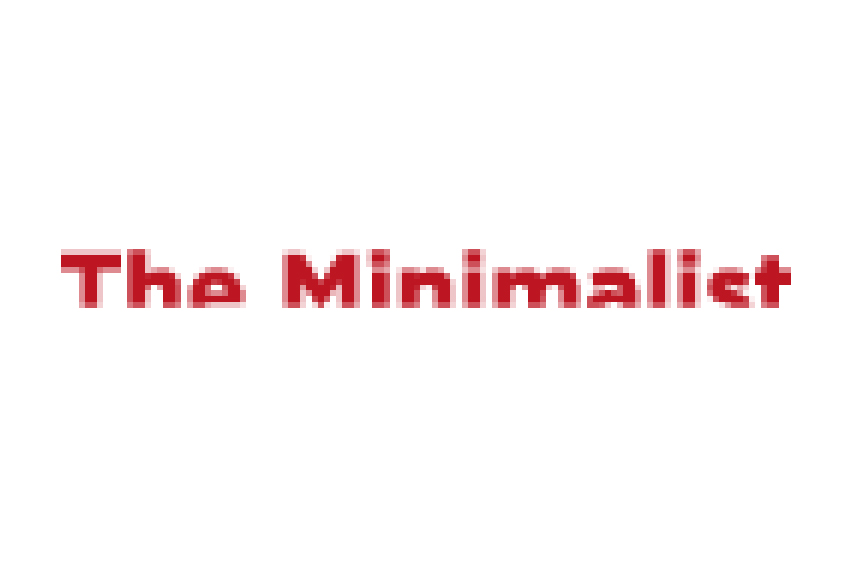
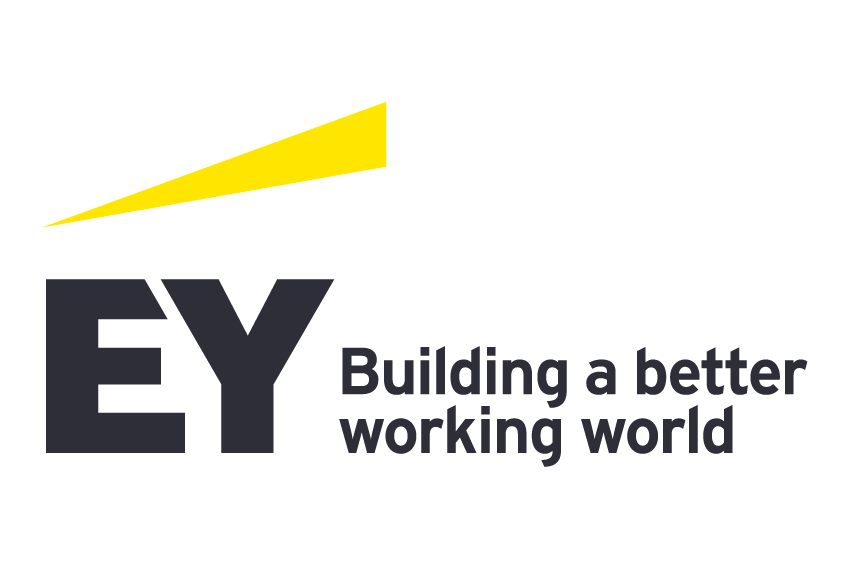
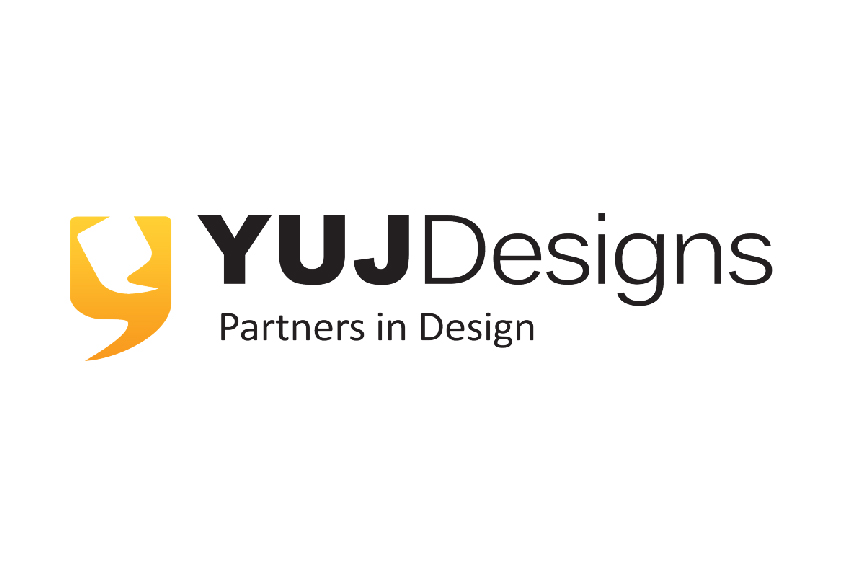

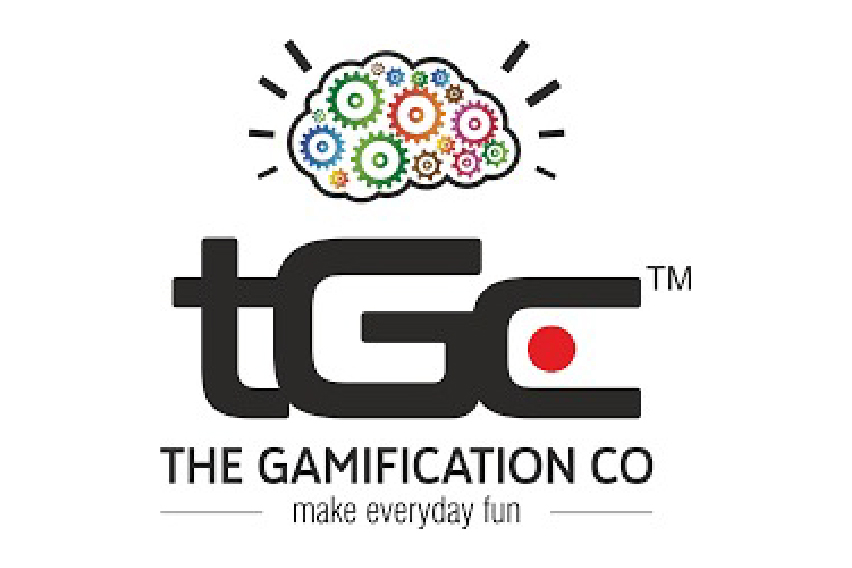
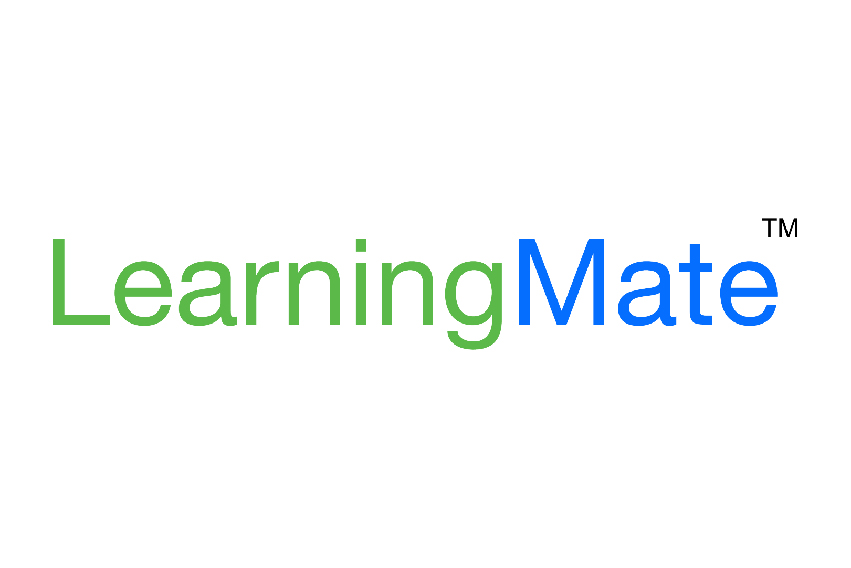
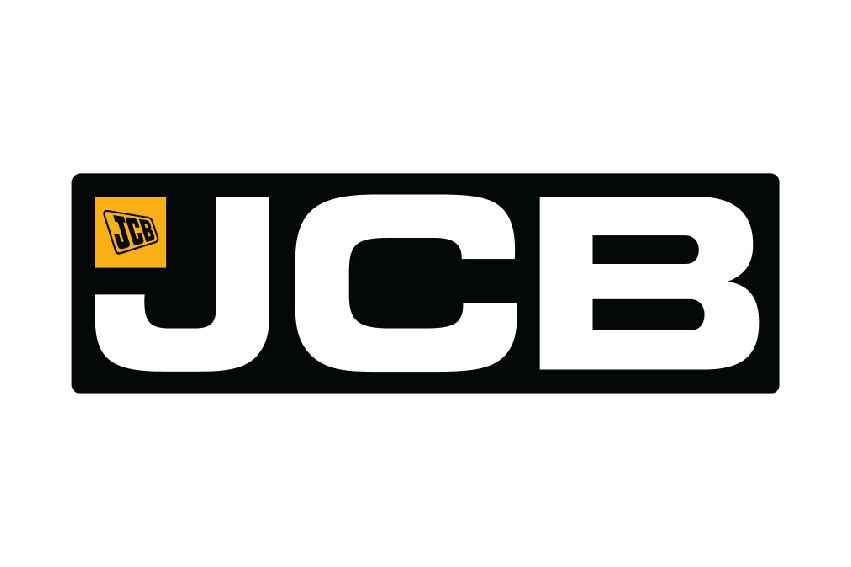
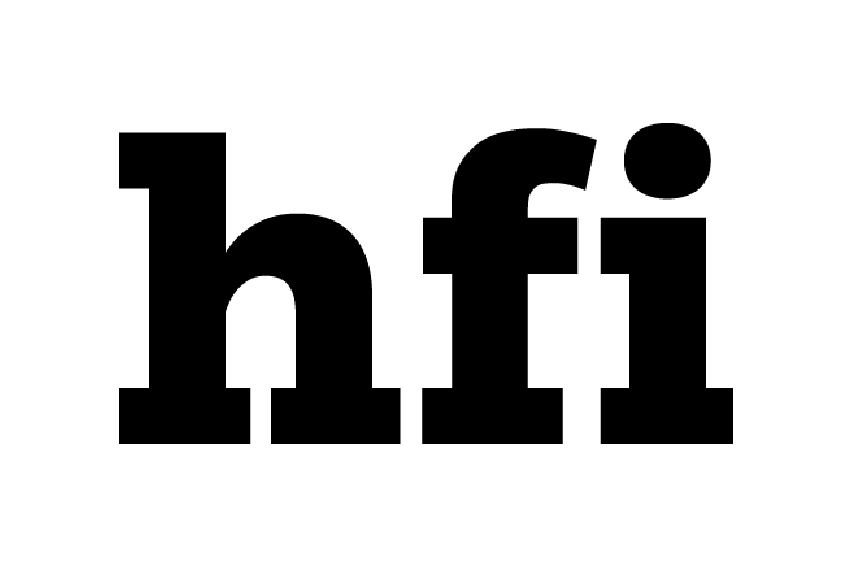

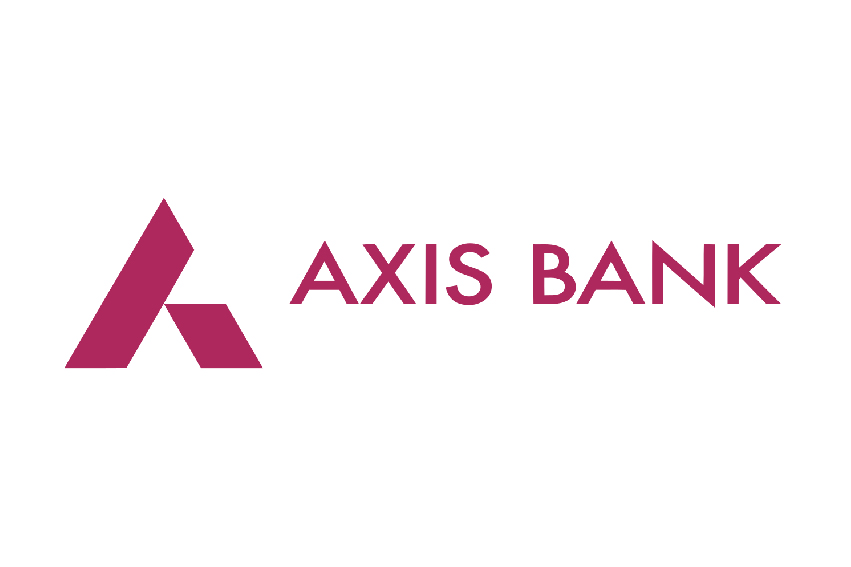
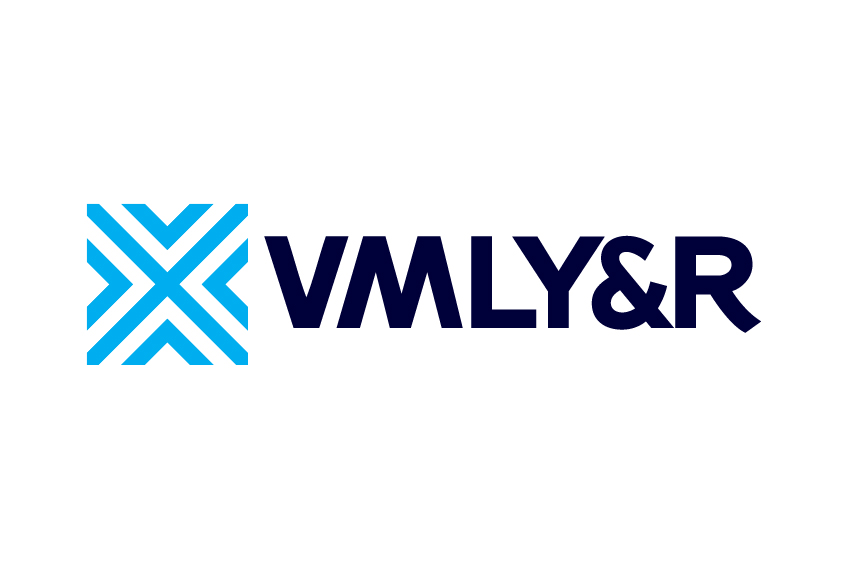

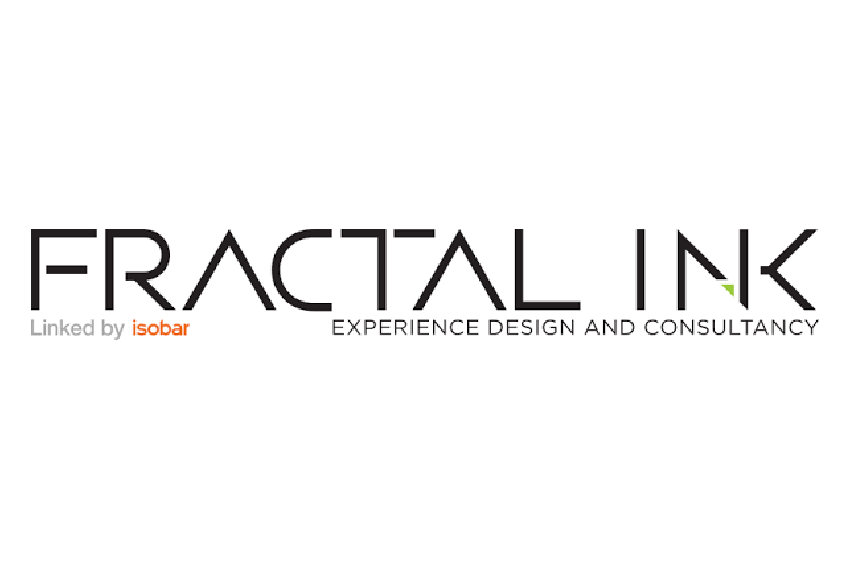
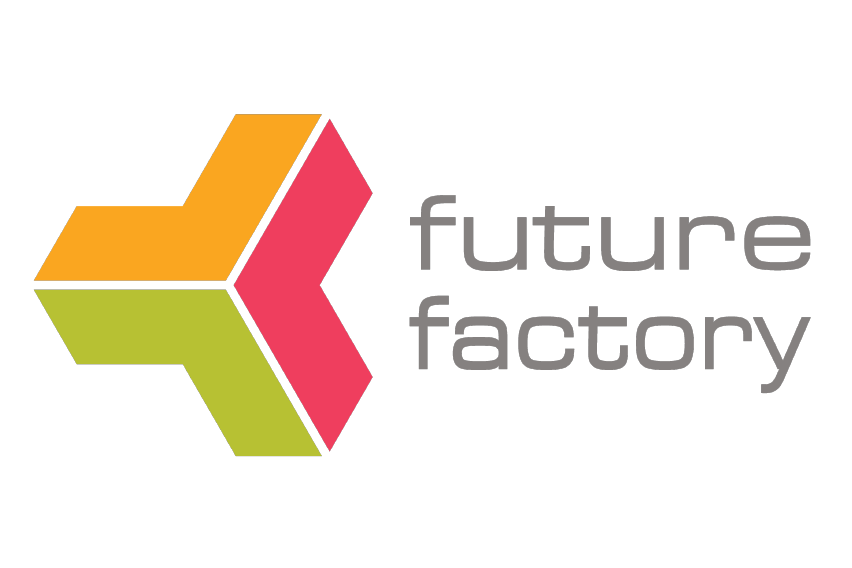

Seeking admission to B.Des. ( Humanising Technology)
Eligibility
Please refer to the details in the handout document.
Admission Process

Admission to B.Des is through NMIMS-DAT.